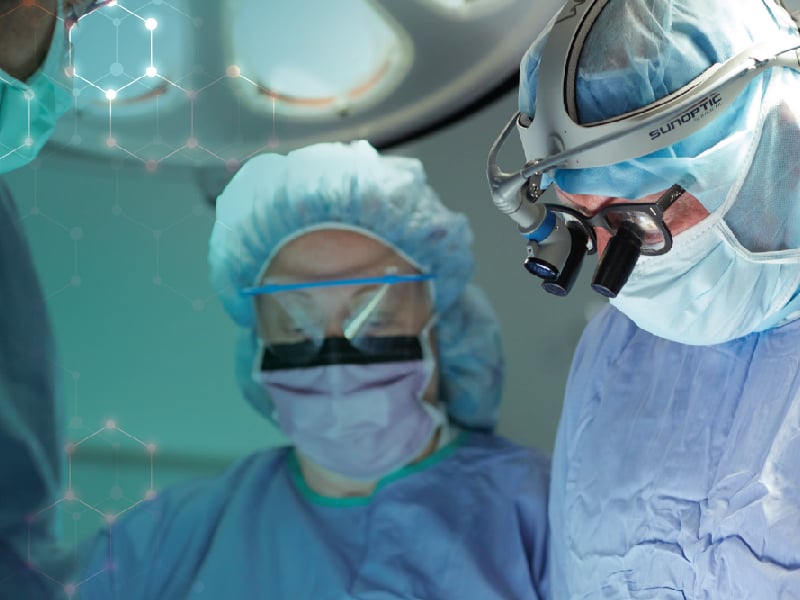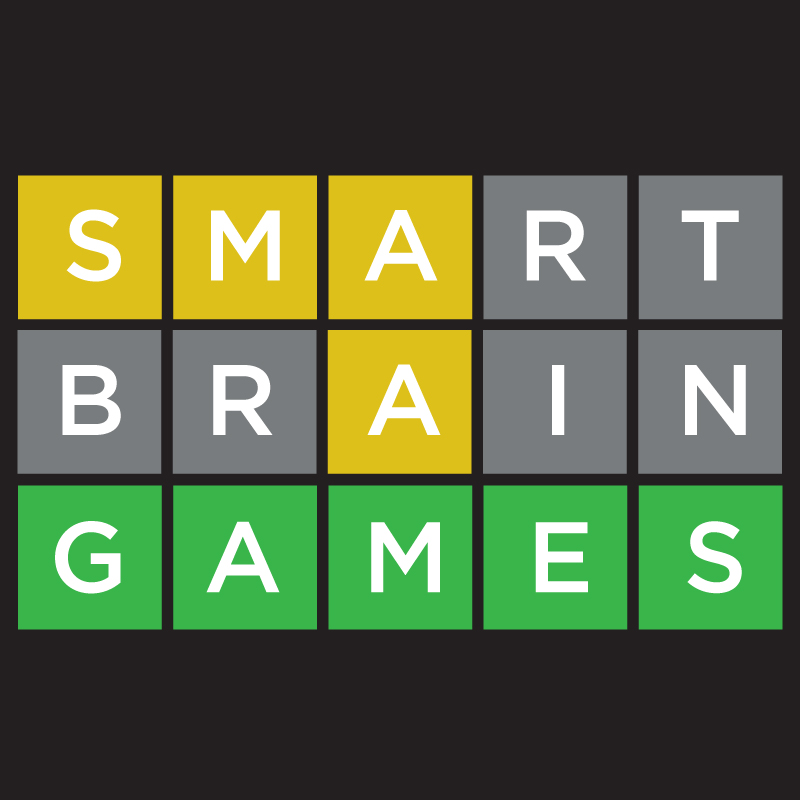Our Approach to Neurosurgical Care
We take a patient-first approach to neurosurgery, ensuring that every decision is made with your best interests in mind. Our neurosurgery experts take the time to ensure you and your loved ones understand your condition, your options for treatment, and your expectations for recovery. Our team works closely with you and other specialists to offer guidance and support from initial consultation through recovery. Using the latest advances in medical technology and surgical techniques, our goal is to offer the least invasive solutions while delivering the highest standard of care for every patient.
Conditions We Treat
Our neurosurgery specialists provide diagnosis and treatment for brain, spine and back, and nerve conditions including but not limited to:
- Acromegaly
- Arteriovenous malformation (AVM)
- Brain hemorrhage
- Brain trauma
- Brain tumors
- Craniopharyngioma
- Epilepsy
- Hydrocephalus
- Pituitary tumors
- Prolactinoma
- Stroke
- Subarachnoid hemorrhage
- Back and neck pain
- Cauda equina syndrome
- Cervical and lumbar radiculopathy
- Cervical and thoracic myelopathy
- Degenerative scoliosis
- Disc herniation
- Discitis/Vertebral osteomyelitis
- Sciatica
- Spinal cord compression
- Spinal cord injury
- Spinal stenosis (cervical, thoracic, lumbar)
- Spinal trauma
- Spine tumors
- Spondylolisthesis
- Syringomyelia
- Acoustic neuroma
- Brachial plexus
- Carpal tunnel syndrome
- Cushing’s disease
- Trigeminal neuralgia
- Ulnar nerve dysfunction
Brain Surgery
- Tumor resection and removal
- Trauma repair
- Shunt placement
- Stereotactic radiosurgery
- Laser Interstitial Thermal Therapy (LITT)
- Deep Brain Stimulation (DBS)
Peripheral Nerve Surgery
- Carpal tunnel release
- Nerve decompression procedures
- Microvascular decompression
- Nerve grafting and reconstruction
- Ulnar nerve release
Spine Surgery
- Minimally invasive spinal surgery
- Spinal decompression and fusion
- Disc replacement surgery
- Spinal tumor removal
- Spinal fracture repair
- Spinal cord stimulation









